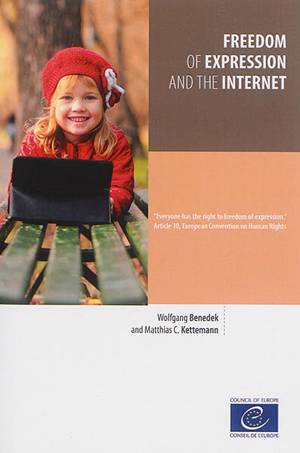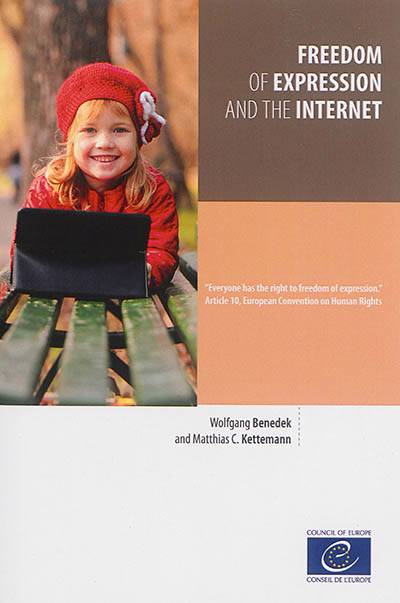
- Afhalen na 1 uur in een winkel met voorraad
- Gratis thuislevering in België vanaf € 30
- Ruim aanbod met 7 miljoen producten
- Afhalen na 1 uur in een winkel met voorraad
- Gratis thuislevering in België vanaf € 30
- Ruim aanbod met 7 miljoen producten
Omschrijving
With the rise of the Internet, the opportunities to express oneself have grown exponentially,
as have the challenges to freedom of expression. From the Arab Spring to the global Occupy
movement, freedom of expression on the Internet has had a profound impact on the debates
which shape our future. At the same time, an increasing number of states use the Internet to spy
on journalists and citizens, to prosecute and jail bloggers, and to censor online information.
This book sets out to answer essential questions regarding the extent and limits of freedom of
expression online. It seeks to shed light on the often obscure landscape of what we are allowed
to say online and how our ideas, and the process of imparting and receiving information,
are protected.
It shows the large ambit of rights protected by freedom of expression - including freedom
of the media and the right to access information via the Internet. It also highlights the
importance of the standard-setting, monitoring and promotion activities of international
and non-governmental organisations, with a chapter on relevant national practices that
illustrates how different states deal with the challenge that the Internet has brought to
ensuring freedom of expression for all. As the importance of the Internet in our daily lives
grows, readers will find this book to be a valuable resource for understanding the rights and
obligations of each actor on the Internet, including states, Internet companies and civil society.
Specificaties
Betrokkenen
- Auteur(s):
- Uitgeverij:
Inhoud
- Aantal bladzijden:
- 190
- Taal:
- Engels
Eigenschappen
- Productcode (EAN):
- 9789287177025
- Verschijningsdatum:
- 1/09/2014
- Uitvoering:
- Paperback
- Afmetingen:
- 160 mm x 240 mm

Alleen bij Standaard Boekhandel
Beoordelingen
We publiceren alleen reviews die voldoen aan de voorwaarden voor reviews. Bekijk onze voorwaarden voor reviews.











